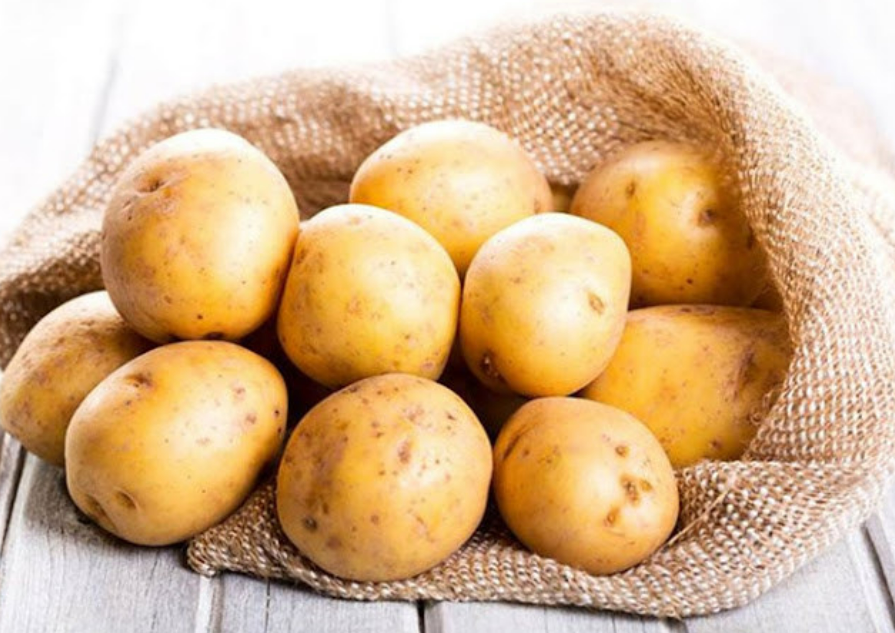Potatoes have long been recognized as a highly nutritious food. While they are high in carbs, they contain little protein and fat. They are also a good source of fiber and provide various vitamins and minerals.
Carbs are the body’s preferred source of energy. Although it’s important to be mindful of portion sizes and accompaniments, carbs like potatoes can be part of a nutritious diet.
Potatoes offer several essential nutrients, including potassium, copper, vitamin C, vitamin B6, and folate. These nutrients are vital for muscle contraction, proper heart, kidney, and nerve function, immune support, metabolism, and DNA synthesis. Folate is particularly crucial for fetal development, as it helps prevent neural tube defects.
Potatoes contain resistant starch, a type of starch that is not digested in the small intestine. Instead, it travels to the large intestine, where gut bacteria ferment it to produce beneficial short-chain fatty acids. Cooling potatoes after cooking increases their resistant starch content.
Research has linked resistant starch to several health benefits, including improved gut health, enhanced metabolism, and blood sugar regulation.

Potatoes are nutritious, but there are some considerations to keep in mind to avoid any potential health risks.
## Avoid Eating Potato Skins
It is recommended to peel potatoes before consumption and remove any eyes or sprouts to prevent potential toxicity. Potato skins contain a compound called solanine, and while the amounts are usually small, consuming large quantities can lead to solanine toxicity.
## Avoid Green Potatoes
When potato skins turn green, the solanine content increases significantly. At this point, the potato may taste bland or bitter, and the solanine levels exceed the safe threshold, posing a risk of poisoning if consumed in significant amounts.
## Moderation is Key
Like with most foods, potatoes can be enjoyed in moderation as part of a balanced diet. However, excessive potato consumption may lead to some side effects.
Potatoes are high in carbs, and consuming large amounts can elevate blood sugar levels, especially in individuals with diabetes or insulin resistance.
It is advisable to follow the recommended serving sizes from dietary guidelines for starchy vegetables or the plate method suggested by the American Diabetes Association (ADA).
The ADA’s plate method for blood sugar control involves filling a quarter of your plate with starchy vegetables or grains like potatoes, half with non-starchy vegetables, and the remaining with protein sources.
Additionally, indulging in excessive amounts of high-calorie potatoes, such as those loaded with butter, sour cream, or bacon, or frequently consuming deep-fried potatoes, can contribute to weight gain. Deep-fried potatoes, a common and beloved side dish for many, tend to be high in calories due to the oil absorption during the frying process.
Overconsumption of potatoes has been linked to increased blood pressure. According to analyses of three large studies in the United States, consuming four or more servings of boiled, baked, mashed, or fried potatoes weekly was associated with an elevated risk of high blood pressure.
Researchers attribute this to the high carb content and the impact on blood sugar levels. However, other factors, such as added salt and fat in potato dishes, may also play a role.
It’s important to note that these studies had certain limitations, including self-reported data on hypertension status and a lack of direct blood pressure measurements.
Eating excessive amounts of potatoes or overeating in general can lead to digestive discomfort, such as abdominal discomfort and bloating. This is particularly true if the meal is high in fat and oil, such as a plate of french fries or a baked potato loaded with butter or sour cream.


































